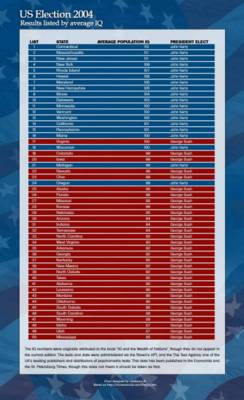Pet Peeves: Why Can't Sociologists Use Dictionaries?
1) [n] a personal pronoun compounded with -self to show the agent's action affects itself
2) [adj] (grammar) referring back to itself
3) [adj] (physiology) without volition or conscious control; "the automatic shrinking of the pupils of the eye in strong light"; "a reflex knee jerk"; "sneezing is reflexive"
I think one reason so many modern scholars, particularly those on the left who are part of the post-modernist, post-structuralist side, draw so much scorn from colleagues and the populace at large is their capacity to invent terms and use words without regard to their true meaning.
Take this by foremost social theorist Anthony Giddens: "...most of the schools of thought in question - with notable exceptions, such as structuralism and 'post-structuralism' - emphasize the active, reflexive character of human conduct. That is to say, they are unified in their rejection of the tendency of the orthodox consensus to see human behavior as the result of forces that actors neither control nor comprehend."
Since people doing things on the basis of routine is such an important part of Giddens' theory of structuration, his use of the word reflexive is disconcerting at best.








